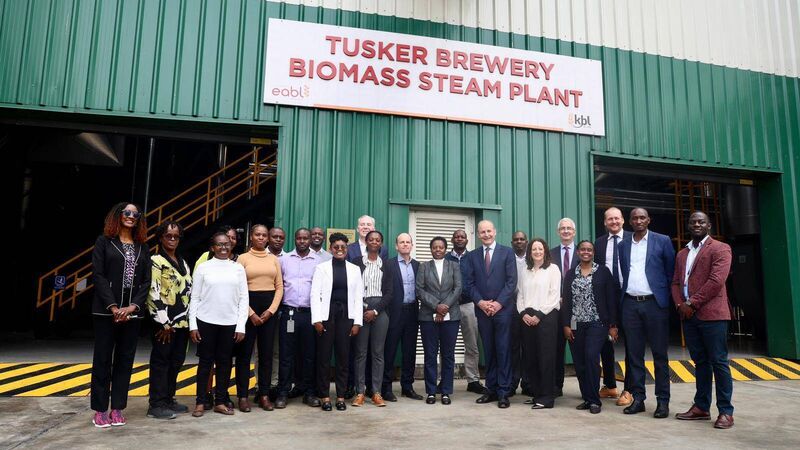Thu, 18 Jul, 2024 - 00:05
Niamh Griffin, in Kenya
A brewery in Kenya built and operated by an Irish company uses macadamia nuts and woodchips to power machines producing bubbly Guinness at 6.5% strength.
The biomass plant was one of the climate-friendly businesses seen by Tánaiste Micheál Martin on Wednesday during his trip to the Horn of Africa region.
Already a subscriber? Sign in
You have reached your article limit.
Subscribe to access all of the Irish Examiner.
Annual €130 €80
Best value
Monthly €12€6 / month
Introductory offers for new customers. Annual billed once for first year. Renews at €130. Monthly initial discount (first 3 months) billed monthly, then €12 a month. Ts&Cs apply.
CONNECT WITH US TODAY
Be the first to know the latest news and updates














